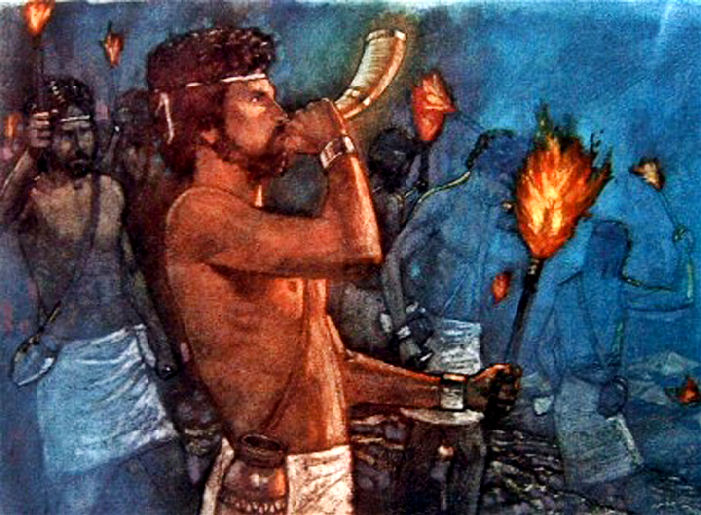And will not God give justice to his elect, who cry to him day and night? Will he delay long over them? I tell you, he will give justice to them speedily. Nevertheless, when the Son of Man comes, will he find faith on earth?” (Luke 18:7-8 ESV)This morning I preached on God as Judge. And through that what might be Godly judgement. Instead of placing judgement in the law court we placed judgement in the context of the story of salvation - especially those who in the Old Testament God called to be Judges. Characters like Gideon.
God's judgement then isn't waiting patiently for us to fail so that we can be dragged before the prosecutors and handed sentence. Rather God as judge is active, working for justice and transformation in the world and in his people. With God's judgement of a problem comes the solution to that problem, most extravagantly evidenced in the incarnation and the sacraments.
This week I have been engaging with a conference of people (see #strangefire and Augustine & #strangefire and a third Way) who I am pretty sure don't think I am a Christian. At the heart of this is a different understanding of salvation - the differing TULIP's of Calvinism and Thomism (see ends piece).
The Strange Fire conference's appeal to me was not Calvinism, but brave engagement with the Charismatic movement. Specifically rightly judging what is good and wholesome and what is excess. The conference concluded that there is no baby in the bathwater, just sludge. Over the last couple of years I have become convinced that there is, despite having had some very dirty water moments.
But I am concerned about the excesses. Both in terms of right theology and right practice.
One thing the conference did acknowledge was the difference between intentional liberalism and heterodoxy masquerading as orthodoxy. Creeds and liturgical expressions of the gospel are not common amongst many charismatic groups. Theological oversight and training is not always deep or broad. There is no common binding thread. Instead the Charismatic movement tends to work through association, which causes challenges for discernment. If I discern that group X has crossed a line in terms of theology or practice, how do I respond to group Y that although not crossing those same lines continues to associate with group X? How would group Y respond if we spoke publicly against group X? These are the questions many moderate renewal groups are now asking themselves.
Which brings us back to Godly judgement. Because God's judgement always comes with a rescue plan. With discernment comes the building of bridges reaching out to others that continue to remain open. For the Charismatic movement, and for diverse global Christianity in the 21st Century as a whole, developing discernment with generous bridges is vital.
I am not sure the Strange Fire conference left many viaducts un-burnt. But I am passionately committed to a future of cautious discernment and extravagant bridge building in my ministry and in the wider church.
- T=total inability (to please God without special grace);
- U=unconditional election;
- L=limited intent (for the atonement's efficacy);
- I=intrinsically efficacious grace (for salvation);
- P=perseverance of the elect (until the end of life)








No comments:
Post a Comment